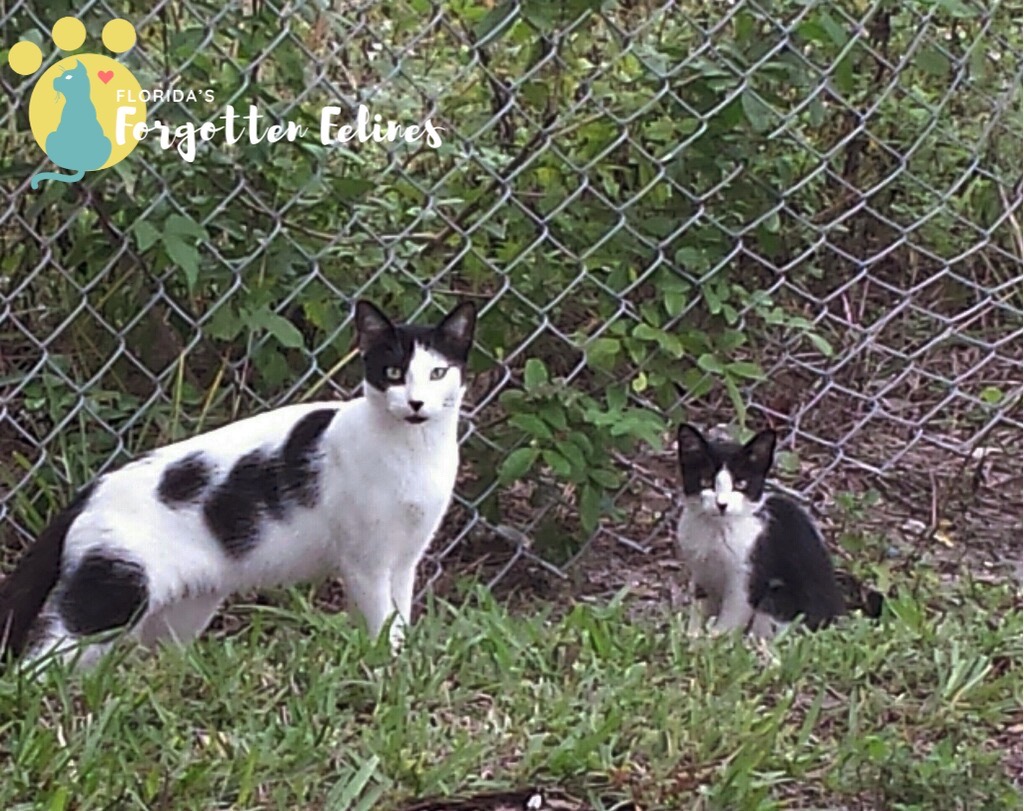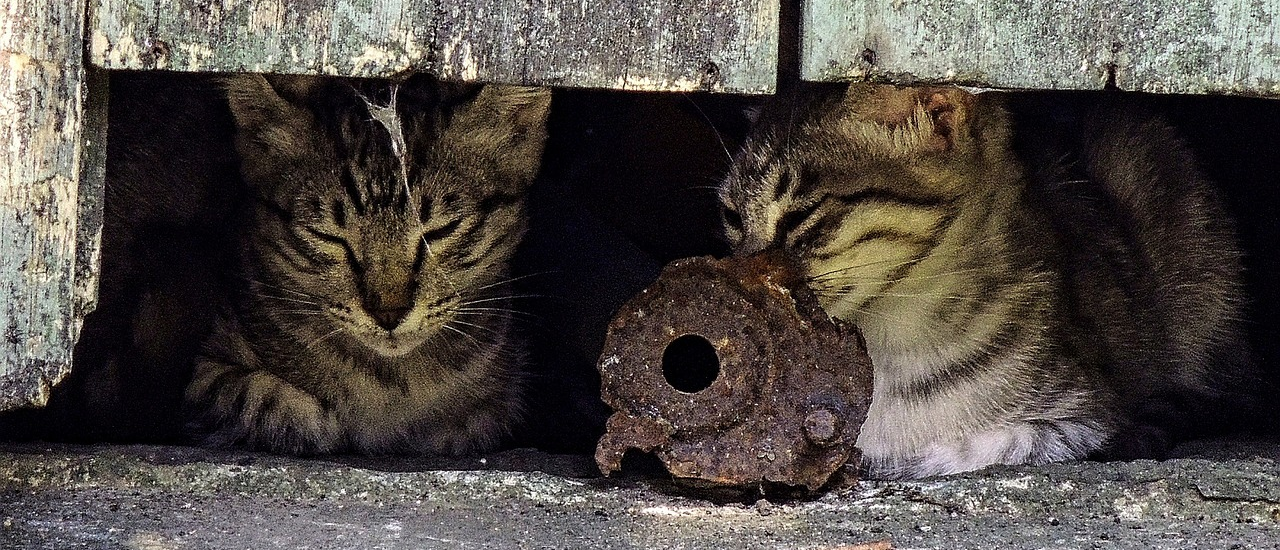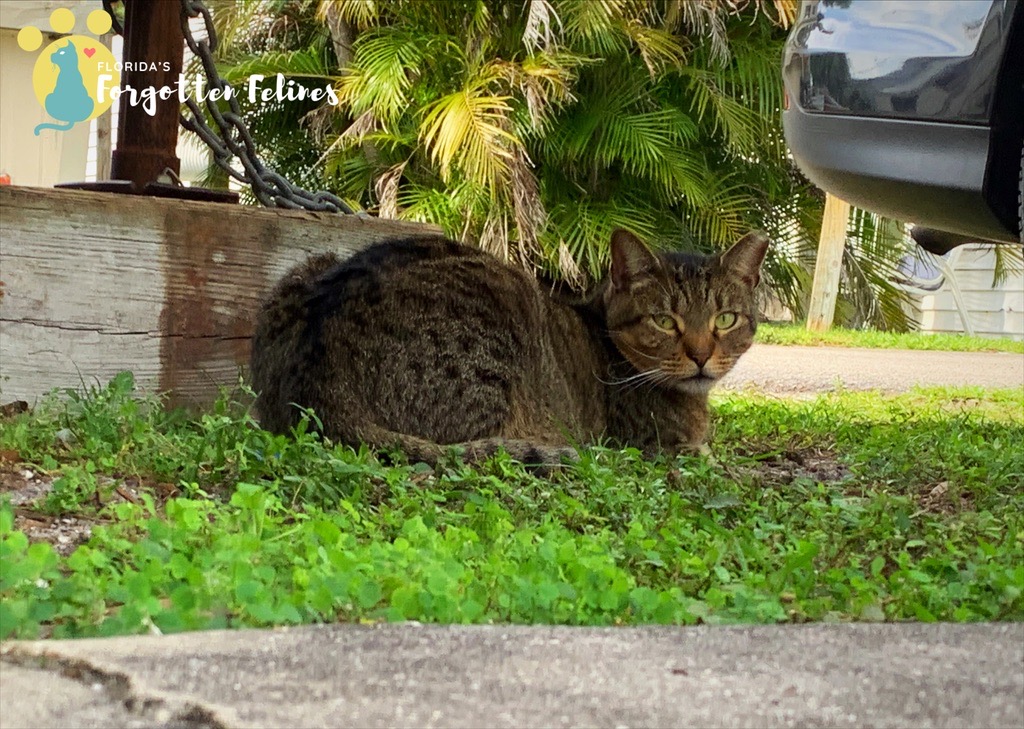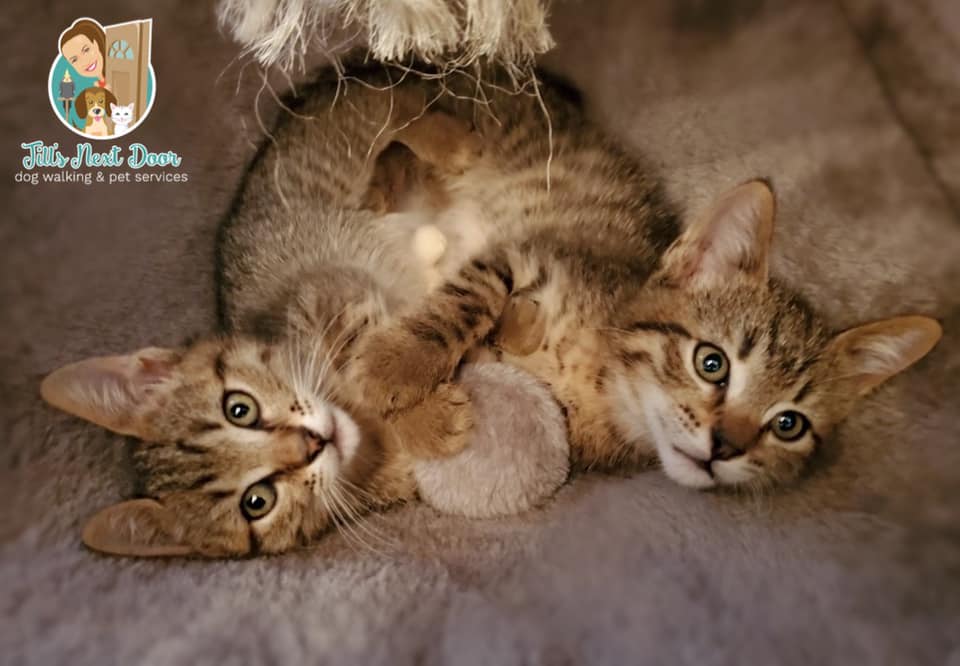Feral Cats and the Vacuum Effect
Feral cats have been living outside in the close proximity to humans for over 10,000 years. Feral cats choose to reside in locations for two reasons:
- There is a food source (intended or not)
- There is shelter
These species and are not socialized to humans and are therefore un-adoptable. Feral cats live healthy, natural lives on their own, content with their outdoor home.

The Vacuum Effect

Removing Cats From An Area Creates A Vacuum
Catching and killing feral cats is Animal Control’s traditional approach to feral cats. Catch and kill attempts may temporarily reduce the number of feral cats in a given area, but two things happen: intact survivors continue to breed, and other cats move in to the now available territory. This is a phenomenon known as the Vacuum Effect, and it is documented worldwide.
Catch and Kill Doesn’t Work, Yet It Continues
Animal Control agencies have been catching and killing cats for decades in a misguided attempt to reduce the number of feral cats in a given area. Animal Control continues to practice catch and kill even though the number of outdoor cats does not decrease, proving the futility of these practices. This endless, cruel cycle is not supported by the public, and is a gross misuse of tax dollars. The Vacuum Effect is just one reason catch and kill is so ineffective.


Trap, Neuter, Return DOES Work
This program involves humanely trapping, spaying or neutering, vaccinating, and reuniting cats to their outdoor homes. There are no more unwanted kittens. The population stabilizes. And the returned neutered cats lives are improved. Behavior and stress associated with pregnancy and mating, such as howling or fighting, cease. Not only does Trap, Neuter, Return make good sense, it is also a responsible, humane method of care for outdoor cats.
You Make the Difference and Save Lives
Together, we stand up and take action to stop the current Animal Control policies that do not address the needs of the cats or our communities.
Please note: Although we care for community cats (strays) we do not offer medical care for any cat that is brought to us. We can offer advice on these issues only–not medical services.

